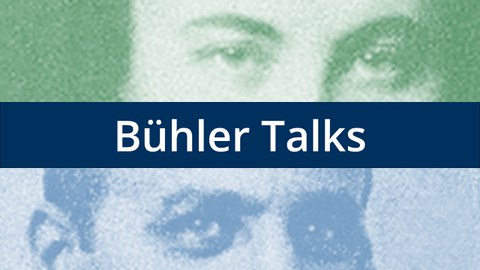14.05.2025; Kolloquium
Bühler-KolloquiumT. Goschke: Volition and cognitive control: Where do we stand – where should we go?
TU Dresden
01187 Dresden
Abstract
Human volitional action rests on remarkable cognitive capacities, including the ability to adapt behavior flexibly to changing contexts, to shield intentions from distraction, and to override impulsive behaviors in favor of long-term goals. Conversely, impairments of volitional control are associated with a wide range of maladaptive behavioral patterns and are key characteristics of various mental disorders. In the past decades, impressive progress has been made in elucidating cognitive, neural, and computational mechanisms underlying volition and self-control. Once popular, yet highly questionable views of self-control as a limited resource or simple dichotomies between a “reflective” and an “impulsive” system have been replaced by models of how volitional control emerges from distributed brain networks and how these networks are flexibly reconfigured to adapt to changing goals and contexts. At the same time, this research raised novel questions concerning the ecological validity of cognitive control tasks, the interaction of cognitive control with motivation, the computational mechanisms underlying the adaptive regulation of control (“meta-control”), the relevance of control processes for treatment of mental disorders, as well as implications for philosophical concepts of rationality and agency. In this talk, I will give a personal overview of selected exemplary results on volition and control from 12 years of interdisciplinary research in the Collaborative Research Centre 940. Drawing on theoretical work during my sabbatical, I will highlight where progress has been made, but also point to open questions, unresolved challenges, conceptual issues, and perspectives for future research.
Zoom Link:
https://tu-dresden.zoom-x.de/j/64644554045?pwd=243hE7GGzDTSKmILhaJ968g8uPDCGs.1
Meeting-ID: 646 4455 4045
Passcode: f&%%A9wa

